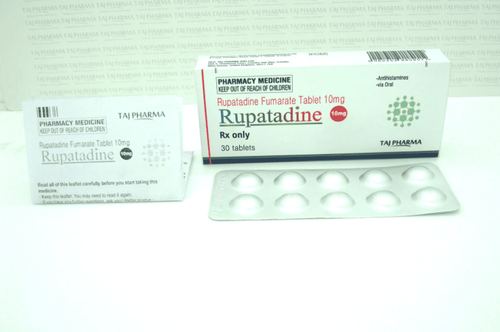Nội dung bạn đang tìm kiếm không có phiên bản tiếng Việt.
Vui lòng chọn tiếp tục để xem nội dung tiếng Anh hoặc đi đến trang chủ Tiếng Việt.
Rất xin lỗi về sự bất tiện này.
Use Medicines Safely

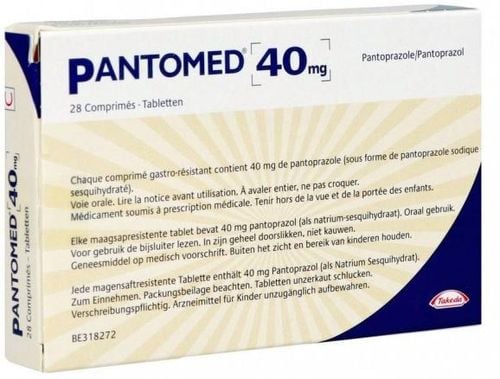
Uses of Pantomed
Pantomed is a medication classified within the gastrointestinal pharmacological group, containing the active ingredient Pantoprazole, and is formulated in the form of enteric-coated tablets. Understanding the information regarding Pantomed is essential for ensuring effective and safe medication administration.
View more
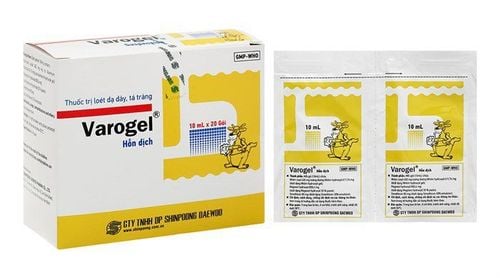
Indications of Varogel 10ml
Varogel is formulated as an oral suspension indicated for the treatment of gastric and duodenal ulcers, symptoms of increased gastric acid secretion, gastric irritation syndrome, and gastroesophageal reflux disease (GERD).
View more
Latest articles
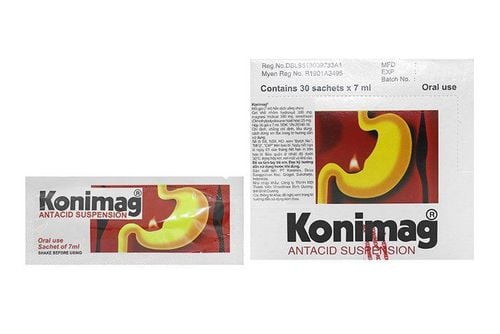
Therapeutic Uses of Konimag
Konimag is a dried gel containing aluminum hydroxide, simethicone, and magnesium trisilicate. The following article will explore the effects and proper usage of Konimag gel.
View more
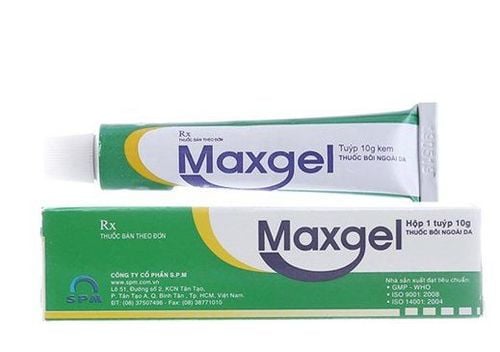
Uses of Maxgel Cream
Maxgel topical anti-itch cream (10g) is indicated for the treatment of dermatophytes and other skin infections. What are the active ingredients in Maxgel cream, and what is its proper usage?
View more
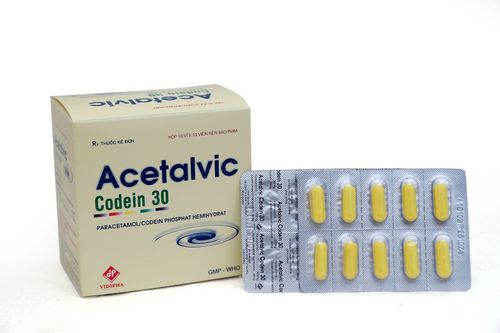
Indications for Acetalvic codeine 30.
Acetalvic Codeine 30 is an over-the-counter medication used in the treatment of various medical conditions. This article aims to elucidate what Acetalvic Codeine 30 is and how it should be utilized.
View more
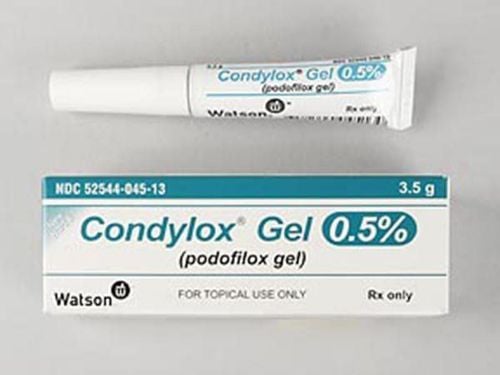
Condylox: Uses, Indications, and Precautions
Condylox is a commonly used medication for treating genital warts on the skin. Its effectiveness has been widely recognized in various places.
View more

Interaction between licorice and medications
Licorice has many health benefits, such as nourishing the body, detoxifying, protecting the liver, and boosting immunity. However, caution is needed when using licorice, as long-term use can cause side effects such as high blood pressure and low potassium levels. Additionally, consuming licorice alongside medications may affect the patient’s health.
View more
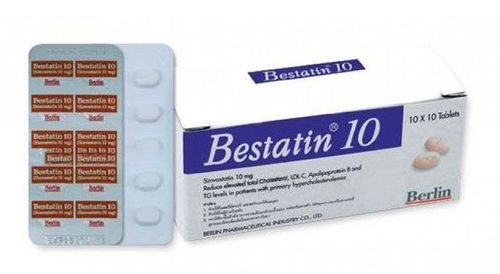
Uses of Bestatin 10 Medication
Bestatin 10 is used to support the dietary regimen of patients with primary hypercholesterolemia and to reduce low-density lipoprotein (LDL) cholesterol levels. Let’s take a look at the essential information about the uses of Bestatin 10 in the article below.
View more
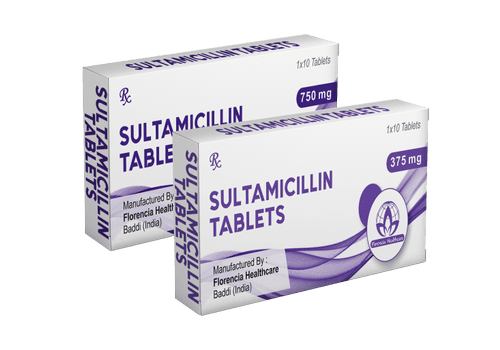
Uses of Sultamicillin
Sultamicillin is a combination penicillin antibiotic indicated for the treatment of uncomplicated gonorrhea, pyelonephritis, otitis media, urinary tract infections, respiratory infections, and more. To ensure effective use and avoid side effects, patients should strictly follow their doctor's or pharmacist's instructions.
View more
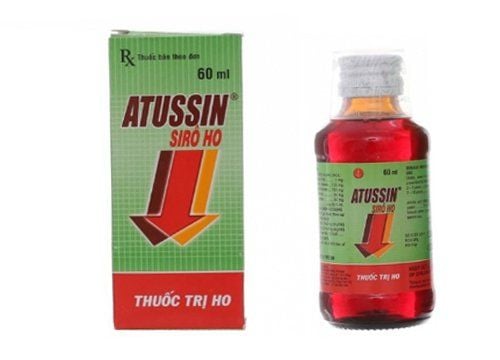
Therapeutic uses of Atussin.
Atussin is a medication suitable for both adults and children. It helps control coughs caused by colds, bronchitis, sore throats, and other respiratory conditions. For more details on Atussin's uses, let's take a closer look at this article.
View more
